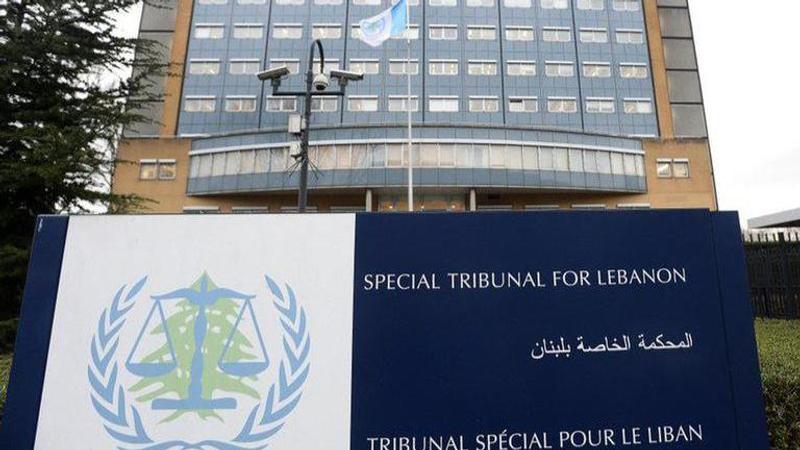Published 14:09 IST, August 18th 2020
UN-backed court to deliver verdicts in Hariri assassination
A U.N.-backed tribunal in the Netherlands is delivering verdicts Tuesday in the trial in absentia of four members of the Hezbollah militant group who are accused of involvement in the truck bomb assassination of former Lebanese Prime Minister Rafik Hariri.

A U.N.-backed tribunal in the Netherlands is delivering verdicts Tuesday in the trial in absentia of four members of the Hezbollah militant group who are accused of involvement in the truck bomb assassination of former Lebanese Prime Minister Rafik Hariri.
The verdicts were delayed by nearly two weeks as a mark of respect for victims of another devastating explosion — the detonation of nearly 3,000 tons of ammonium nitrate stored at Beirut’s port. The Aug. 4 blast killed around 180 people, injured more than 6,000, left a quarter of a million with homes unfit to live in and plunged a nation already reeling from economic and social malaise even deeper into crisis.
Guilty verdicts could compound tensions in the tiny country. Hariri was Lebanon’s most prominent Sunni politician at the time of his Feb. 14, 2005, assassination, while the Iran-backed Hezbollah is a Shiite Muslim group.
The trial centered on the alleged roles of four Hezbollah members in the suicide truck bombing that killed Hariri and 21 others and wounded 226 people. Prosecutors based their case largely on data from mobile phones allegedly used by the plotters to plan and execute the bombing.
During the trial, which started in 2014 and spanned 415 days of hearings, the tribunal in Leidschendam, near The Hague, heard evidence from 297 witnesses.
Initially, five suspects were tried, all of them Hezbollah members. Charges against one of the group’s top military commanders, Mustafa Badreddine, were dropped after he was killed in Syria in 2016.
The remaining suspects are Salim Ayyash, also known as Abu Salim; Assad Sabra, Hassan Oneissi, who changed his name to Hassan Issa and Hassan Habib Merhi. They are charged with offenses including conspiracy to commit a terrorist act.
If they are convicted, hearings will be held at a later date to determine their sentences. As the U.N.-backed court has no death sentence, the maximum sentence is life imprisonment.
None of the men is every likely to serve time as Hezbollah has vowed not to hand over any suspects. Prosecutors and defense lawyers can appeal the verdicts.
When the trial opened in January 2014, a scale model of the blast scene stood on a table in the center of the courtroom and a prosecutor told judges that explosives packed into a Mitsubishi truck detonated to create “a man-made hell.”
The assassination was seen by many in Lebanon as the work of Syria, a charge Damascus denies.
Some Lebanese see the tribunal as an impartial way of uncovering the truth about Hariri’s slaying, while Hezbollah — which denies involvement — calls it an Israeli plot to tarnish the group.
Hariri’s son Saad, himself a former prime minister, is attending the day-long delivery of the judgment.
Hezbollah leader Sayyed Hassan Nasrallah last week insisted on the innocence of the suspects regardless of the verdicts. “For us it will be as if they were never issued,” he said of the verdicts.
Updated 14:09 IST, August 18th 2020




